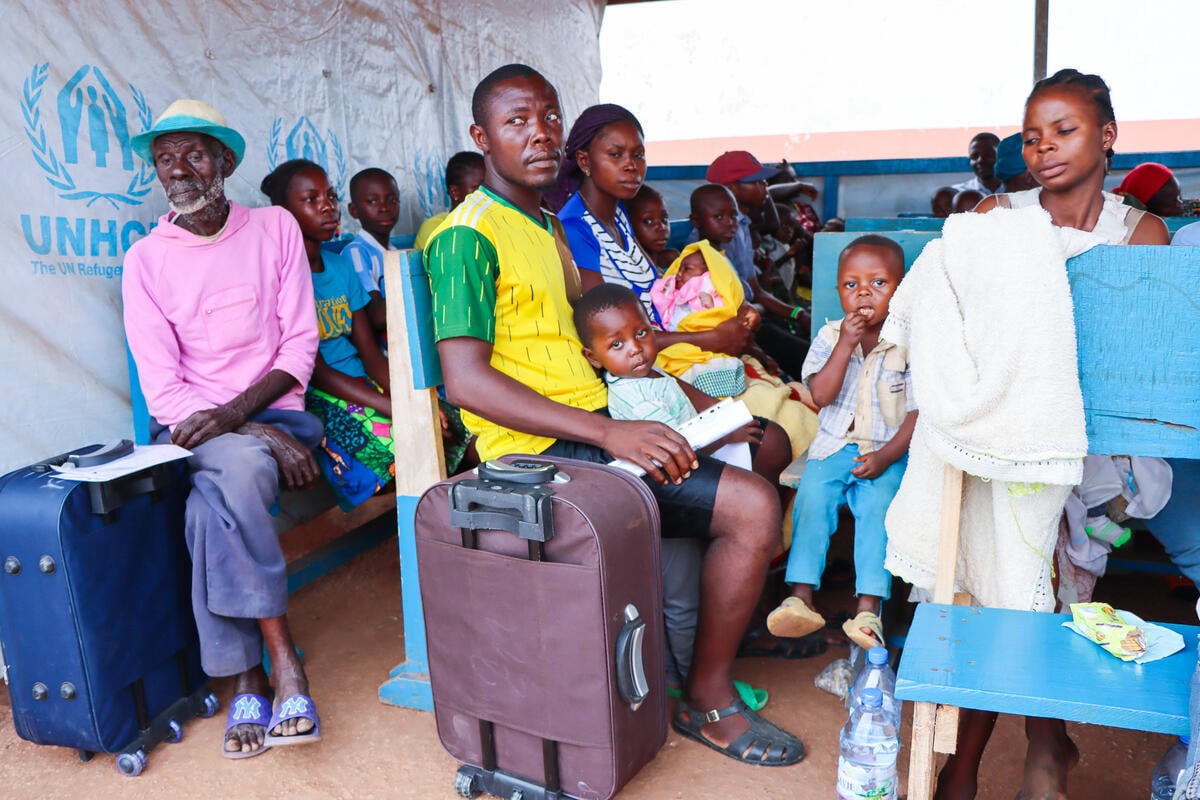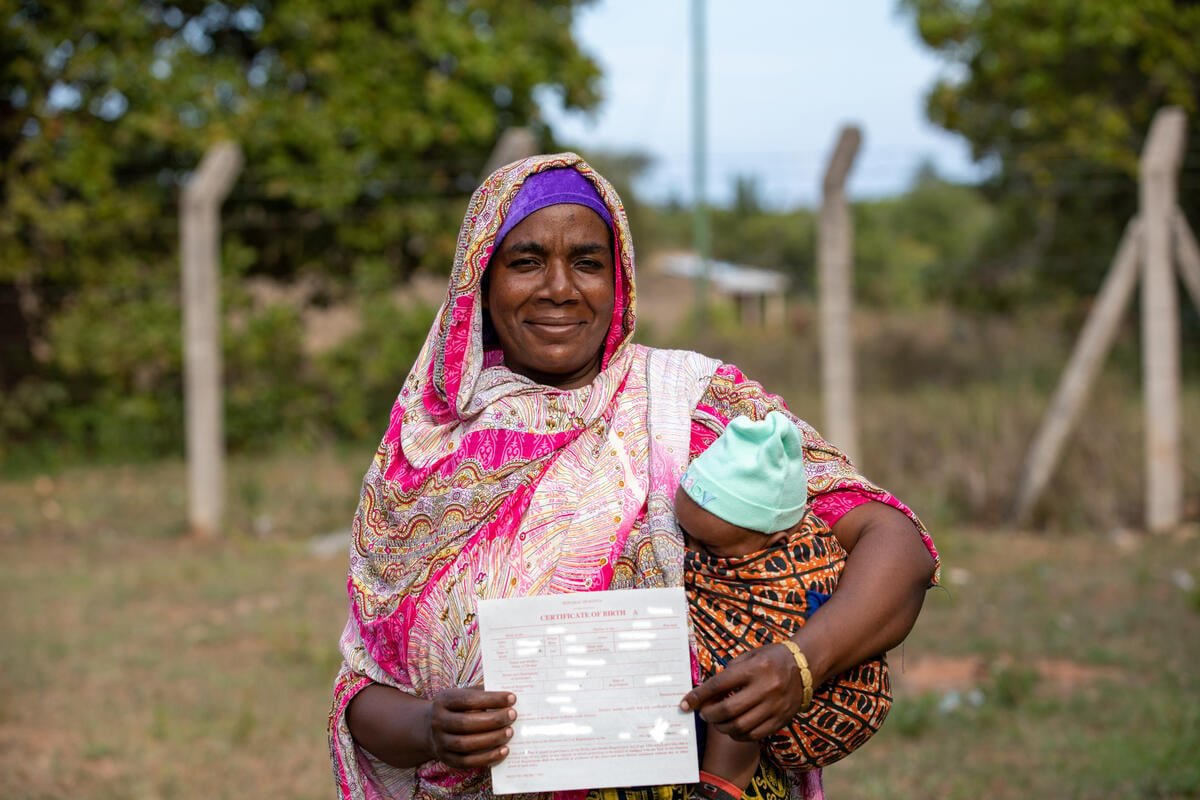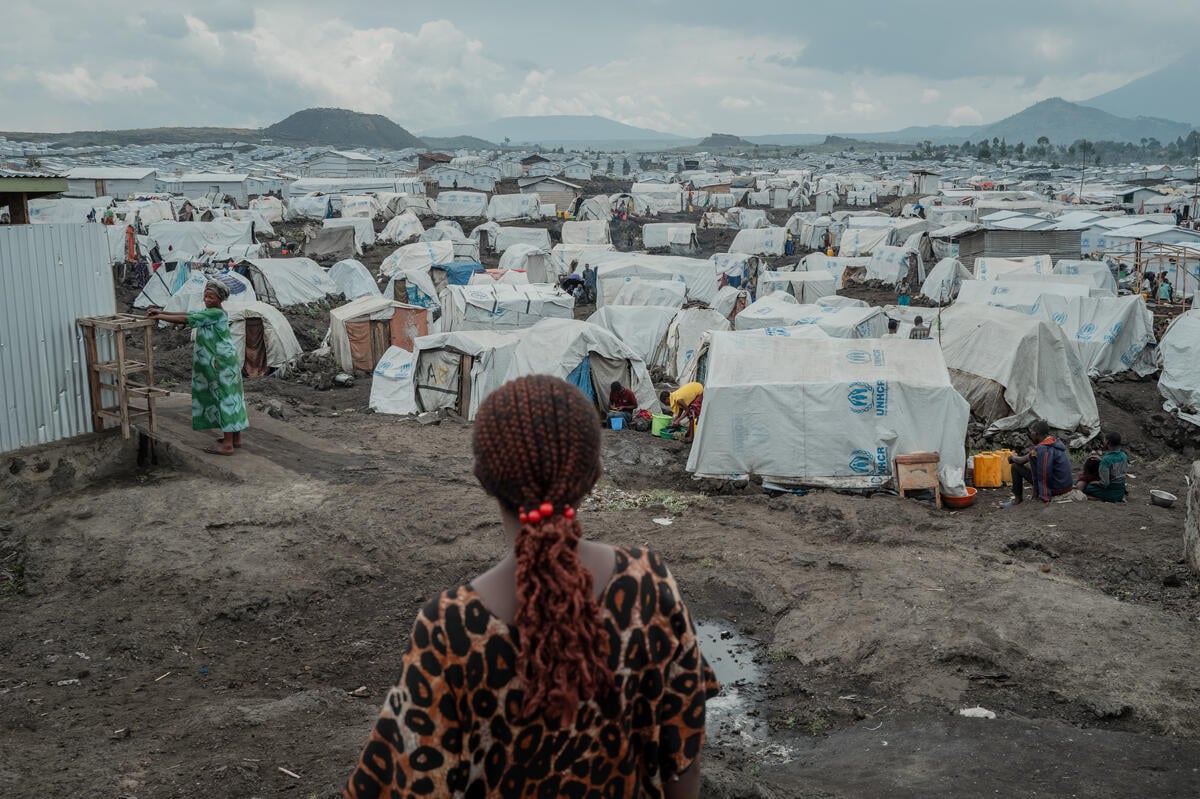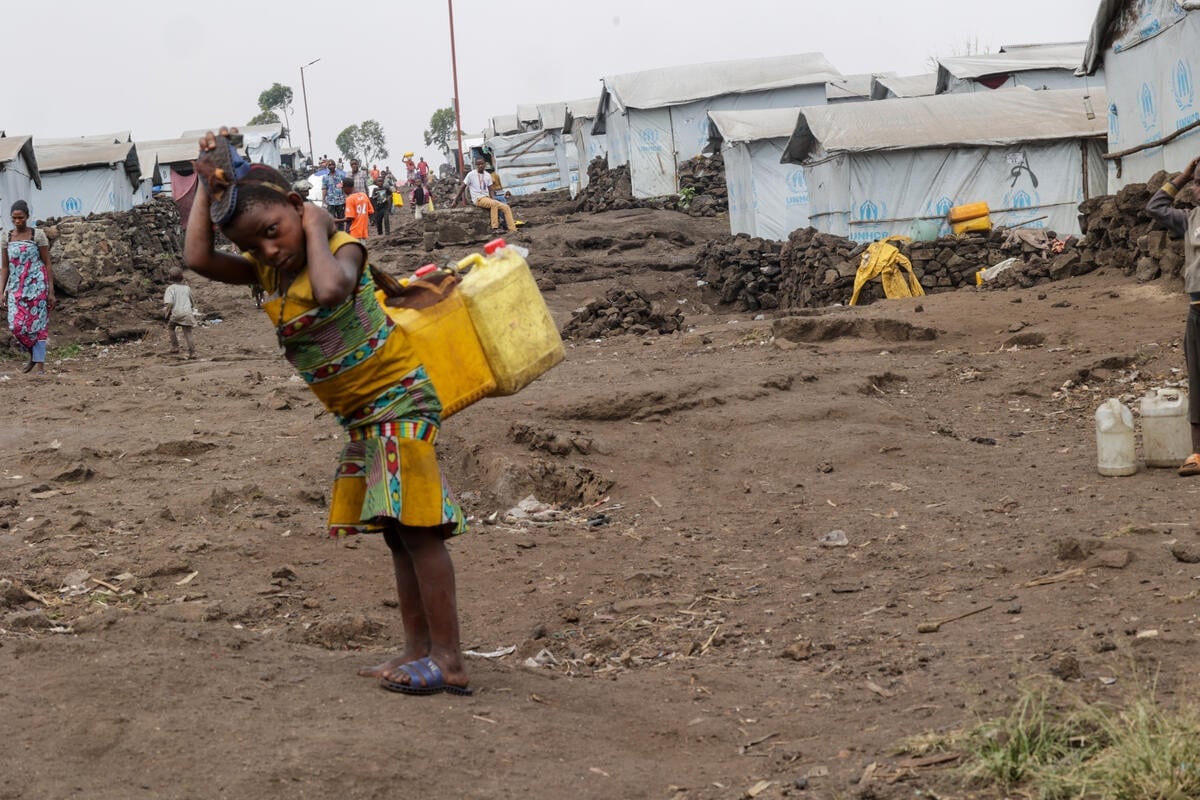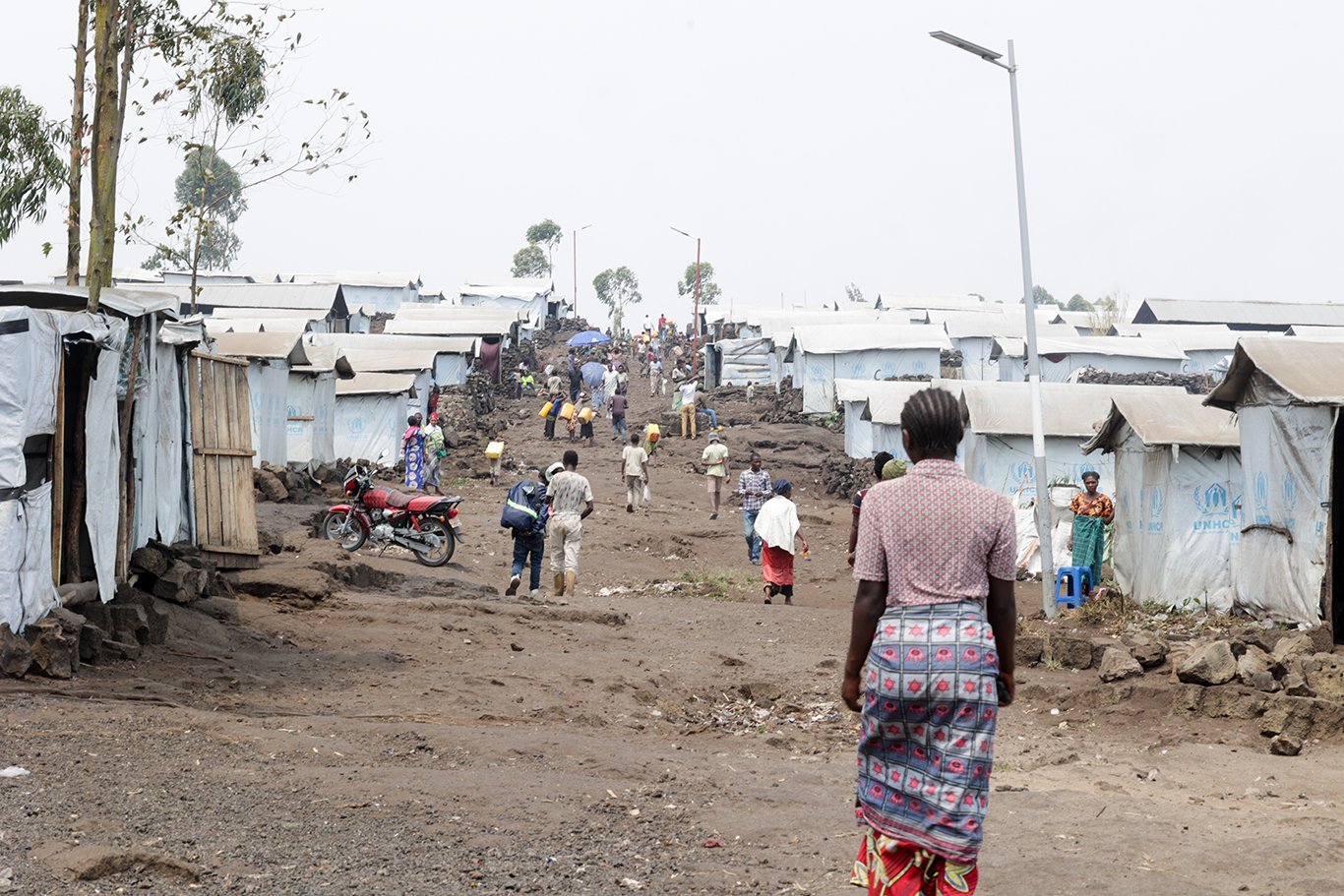UNHCR rejects Zairian allegations that it 'abandoned' refugees, says will soon resume relief work in Central Zaire
UNHCR rejects Zairian allegations that it 'abandoned' refugees, says will soon resume relief work in Central Zaire
The United Nations High Commissioner for Refugees has dismissed as "groundless" allegations by the Zairian Government that UNHCR's temporary withdrawal from central Zaire led to thousands of deaths. The Refugee Agency also said it would shortly resume relief work in the area.
In a communiqué issued on March 4, the Government of Zaire alleged that the departure of humanitarian workers from Tingi Tingi and Kisangani, led to the deaths of 25 000 people among displaced Zairians and Rwandan refugees. On the same day, the Government of Zaire issued an expulsion order to a number of United Nations and other humanitarian workers.
The United Nations High Commissioner for Refugees, Sadako Ogata, on Monday described the expulsion as "both unfair and unjustified" adding, that the allegations linking the refugee agency to 25 thousand deaths were "simply groundless".
"We deeply regret that despite my requests and the Secretary General's own appeal of February 14, innocent civilians have again been dispersed by the conflict which undoubtedly resulted in more avoidable deaths", Mrs. Ogata said. But she said UNHCR was unaware of any credible reports that could substantiate the alleged deaths of 25 000 people in the first days of March.
UNHCR also rejected Zaire's allegations that it left Kisangani for no good reason.
"Our staff have always taken risks, often substantial risks but they have to remain within reason.", Mrs. Ogata said.
She also said two UNHCR local staff members over the weekend returned to the Zairian Government controlled Kisangani, while international staff will be proceding to the Punia/Ubundu area on Tuesday to assess the needs of thousands of refugees who are reported to have assembled there. UNHCR was also planning to return shortly to the now alliance controlled area of Tingi Tingi.
The UNHCR said humanitarian personnel had left Tingi Tingi on February 28, two days before it was captured by the alliance forces. It said the local military authorities advised them that their safety could no longer be assured. At that time, refugees were already leaving the camp.
UNHCR said the Zairian Government was informed in writing about the U N's intention to withdraw. It said one reason for the withdrawal was the failure by the Government to extend the UN personnel's safe conduct passes (sauf-conduits) which expired on February 28.
The refugee agency said aircraft chartered by the United Nations were requisitioned by the Zairian Army, further compromising both the relief operation and the security of humanitarian personnel.
It said during the days preceding the withdrawal, two UNHCR staff members leaving Kisangani were interrogated at gun point at Kisangani airport by uniformed persons who appeared to be foreign nationals.
It said the gunmen told the two UNHCR staff members that their lives would be at risk if they ever returned. They also made general threats against the whole humanitarian operation.
But the UNHCR said despite security problems it was planning to resume relief work on both sides of the line.


